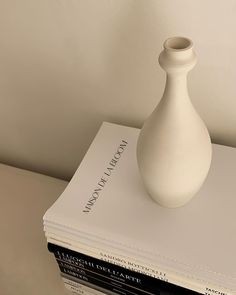
Here I was in the middle of a pandemic, with finals crashing my metal stability, five books per week and a deprive of sleep. Hell I didn’t want to come across a book ever again in my life! And that’s so sad given that I actually love to read. That’s the reason I majored in Lingüistics and Literature in the first place.
The thing is that reading for pleasure and reading for academic porpouses can be very different. But that wasn’t the only reason I was so done with it. In fact, I stoped reading because I wasn’t doing it as much as I should be. Ironic, isn’t it?
Let me explain. Even when at school I was reading a minimun of three books per week, my side reading was devastatingly poor. Reading has always been my way to relax and rest from day activities, but now it meant that I wold read to reast from reading. That didn’t went very well for me.
Being confined at home didn’t help either. Usually books were my company in everyday activities as waiting for the bus, going from home to school and back again, even reading a little during class when things weren’t so interesting. And now the only thing that I was doing was moving my ass from my bed to the desk or to the kitchen if I was feeling more enthusiast.
I felt that I was failing as a reader, until the summer break came and with it Hiromi Kawakami. She is a Japanese writer and I happend to buy her latest novel “El cielo es azul, la tierra blanca”. She forced me to slow down, and I’m grateful for that.
Do you know that feeling when you find a book so captivating that you can stopped yourself, so you read it even on the table, the bed or the bathroom? Well, this is the compleatly opossite to that. Kawakami’s prose is mesmeraizing in a way that force you to take pauses because is not about the end, is about the process, the beuty in cotidianity.
As a love story, you couldn’t care less if they are going to end toguether. Your living the romance that is in itself a whole expirience. I will go farther than that and say that is about the way Tsukiko describes reality. So ordinary and yet delightful.
“La prosa de Kawakami bien puede definirse como cristalina: está construida con la precisión hermosa y reticular, perfectamente conectada, de un cristal.”
Ciro García, El Norte de Castilla
Rushing my way throug the novel didn’t felt right, so I slowed down and went across the pages with delicacy and patience. In the process I regain the enthusiasm that I was lacking before. It remembered me that reading isn’t about a book count.
Being and edonist is alowed when we speak about literature. You doesn’t need a real porpouse for reading. Yeah, you can obtain tons of things from it, but they are side effects. We read books because we want to.
I read Kawakami’s work little by little, scared of finishing it and having nothing left. Inmerse as I was before, in an athmosphere of overproductivity not just at school but also as a mindset that haunt me even on social media, it felt like a bless. At the end I closed the book and threw the 2021 booktracker list to the trash. No regret, no regret.
Hi LizaBeth! You know to express yourself eloquently in English! Reading your post, I noticed some misspelling and typos. In order to avoid those, I recommend using spell-check software such as Grammarly or even your browser's.